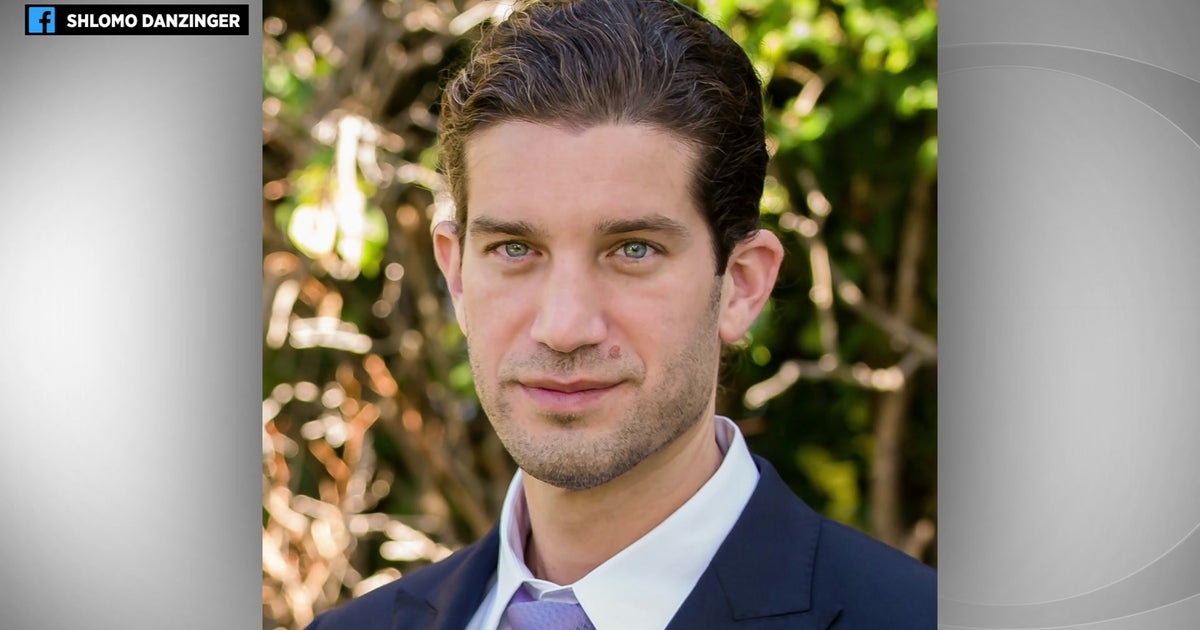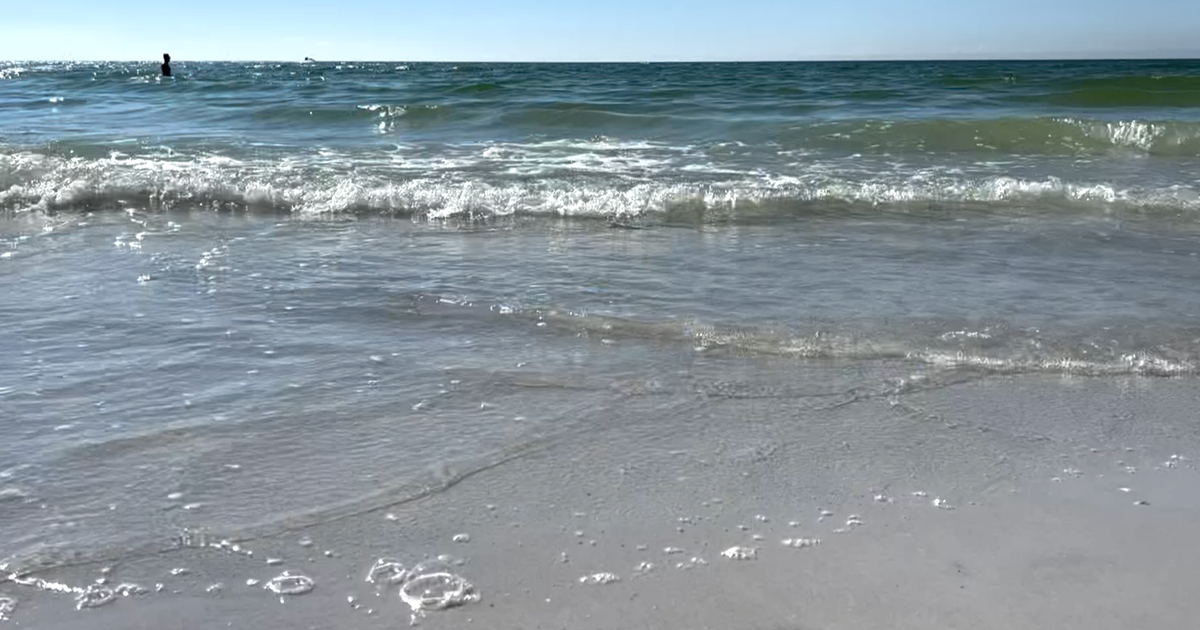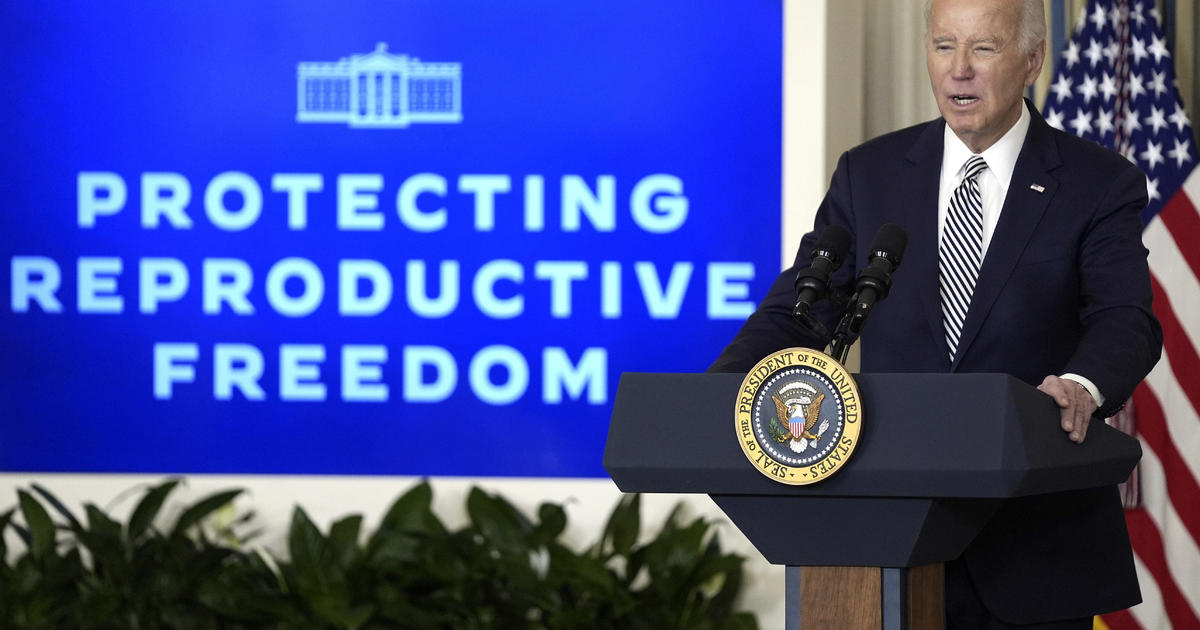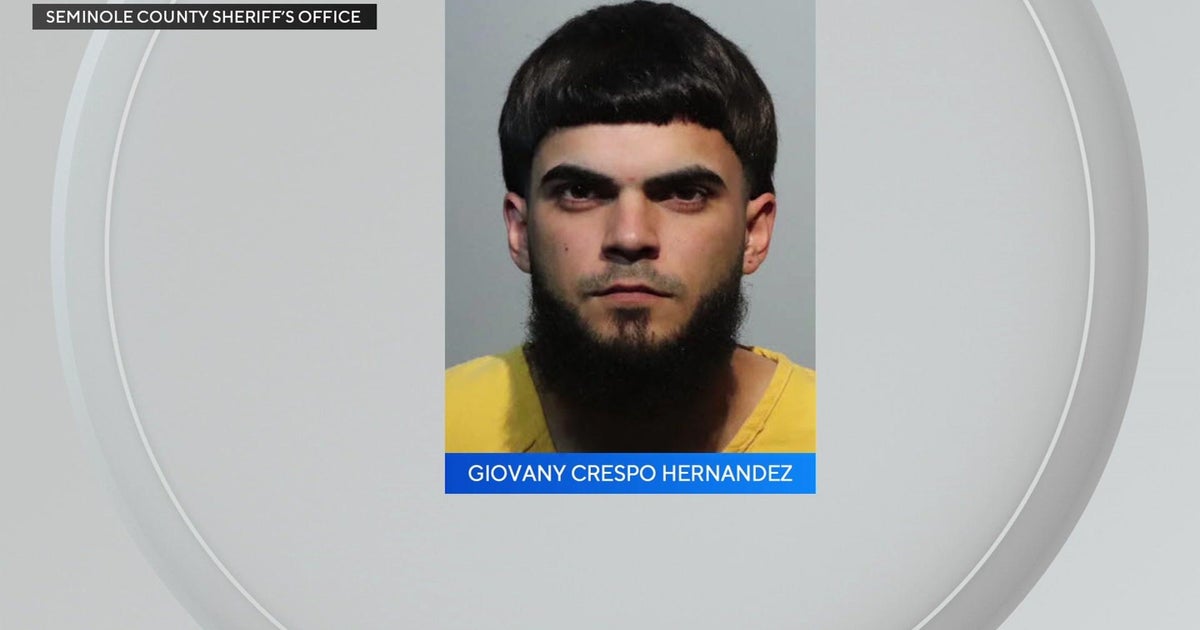Drug Law Case On Fast Track In Fla. Supreme Court
TALLAHASSEE (CBSMiami/AP) -- Charges against hundreds, if not thousands of drug offenders may be dropped thanks to a possible decision by the Florida Supreme Court.
The state's appeal of a Manatee County judge's decision on Sept. 14, which struck down Florida's drug law because it lacks a requirement for "guilty knowledge" of illegal narcotics, is running parallel with, but quicker, than a similar federal case.
Just two weeks after the Manatee ruling, a three-judge state appellate panel sent the Manatee case to the justices without a decision so it could get to Florida's highest court as quickly as possible.
The Lakeland-based 2nd District Court of Appeal certified the case as an issue of "great public importance," noting it will undoubtedly be raised by defense lawyers in every felony court in Florida. The Supreme Court also responded swiftly by setting oral argument for Dec. 6.
Last week, though, the 3rd District Court of Appeal in Miami upheld the drug law's constitutionality in a separate case.
"Until this important constitutional question is resolved by the Supreme Court, prosecutions for drug offenses will be subject to great uncertainty throughout Florida," the 2nd District panel wrote in its unsigned unanimous order.
Circuit Judge Scott Brownell dismissed charges against 42 Manatee County defendants in 46 separate criminal proceedings. The appellate court noted many more motions to dismiss are pending and that none can be resolved until the Supreme Court rules.
"Finally, if the ruling in this order is ultimately affirmed by the Supreme Court, it is possible that hundreds or even thousands of inmates will be eligible for immediate release," the panel wrote.
Brownell ruled that the 2002 drug law violates constitutional due process requirements because it eliminated a previous requirement for prosecutors to prove defendants had a "guilty knowledge" that a substance they had sold, manufactured, delivered or possessed was illegal.
Florida is the only state that doesn't have doesn't have a guilty knowledge, or "mens rea," provision in its drug laws.
Brownell's ruling was based largely on a July decision in Orlando by U.S. District Judge Mary Scriven who also found the law unconstitutional.
"Other states have rejected such a draconian and unreasonable construction of the law," Scriven wrote.
She ruled in the case of Mackle Shelton, 33, who was convicted in Osceola County on charges of selling, manufacturing or delivering crack cocaine and fleeing a law enforcement officer. He was sentenced to 18 years in prison on the drug charge and 5 years for the fleeing conviction. Police shot Shelton in the shoulder when he tried to get away in a vehicle as they tried to arrest him on a warrant.
Florida Attorney General Pam Bondi has appealed both rulings.
Bondi's office contends, in papers filed with the state Supreme Court and 11th U.S. District Court of Appeal in Atlanta, that the law is valid because defendants still can assert an affirmative defense they didn't have guilty knowledge.
That's not enough to overcome the law's criminalization of "inherently innocent conduct," failure to provide constitutionally required notice and severe penalties of up to life in prison, according to a response by Public Defender James Moorman of Bartow that was filed with the Supreme Court.
Bondi also argues in the federal case that Scriven's decision violated the Antiterrorism and Effective Death Penalty Act of 1996.
That law says federal courts cannot order prisoners released from state custody unless an imprisonment was contrary to or involved an unreasonable application of established federal law as determined by the U.S. Supreme Court, which has never ruled in such a case, according to Bondi's brief.
In a friend of the court brief filed with the state Supreme Court, the Florida Prosecuting Attorneys Association argues that Scriven's ruling cannot be binding on state courts unless it's affirmed by the U.S. Supreme Court.
In Miami, Circuit Judge Milton Hirsh had tossed out several drug cases based on Scriven's ruling. The 3rd District Court of Appeal noted it rejected Hirsh's decision although it's ruling affirming the law came in a case appealed from another Miami judge.
(TM and © Copyright 2011 CBS Radio Inc. and its relevant subsidiaries. CBS RADIO and EYE Logo TM and Copyright 2011 CBS Broadcasting Inc. Used under license. All Rights Reserved. This material may not be published, broadcast, rewritten, or redistributed. The Associated Press contributed to this report.)



